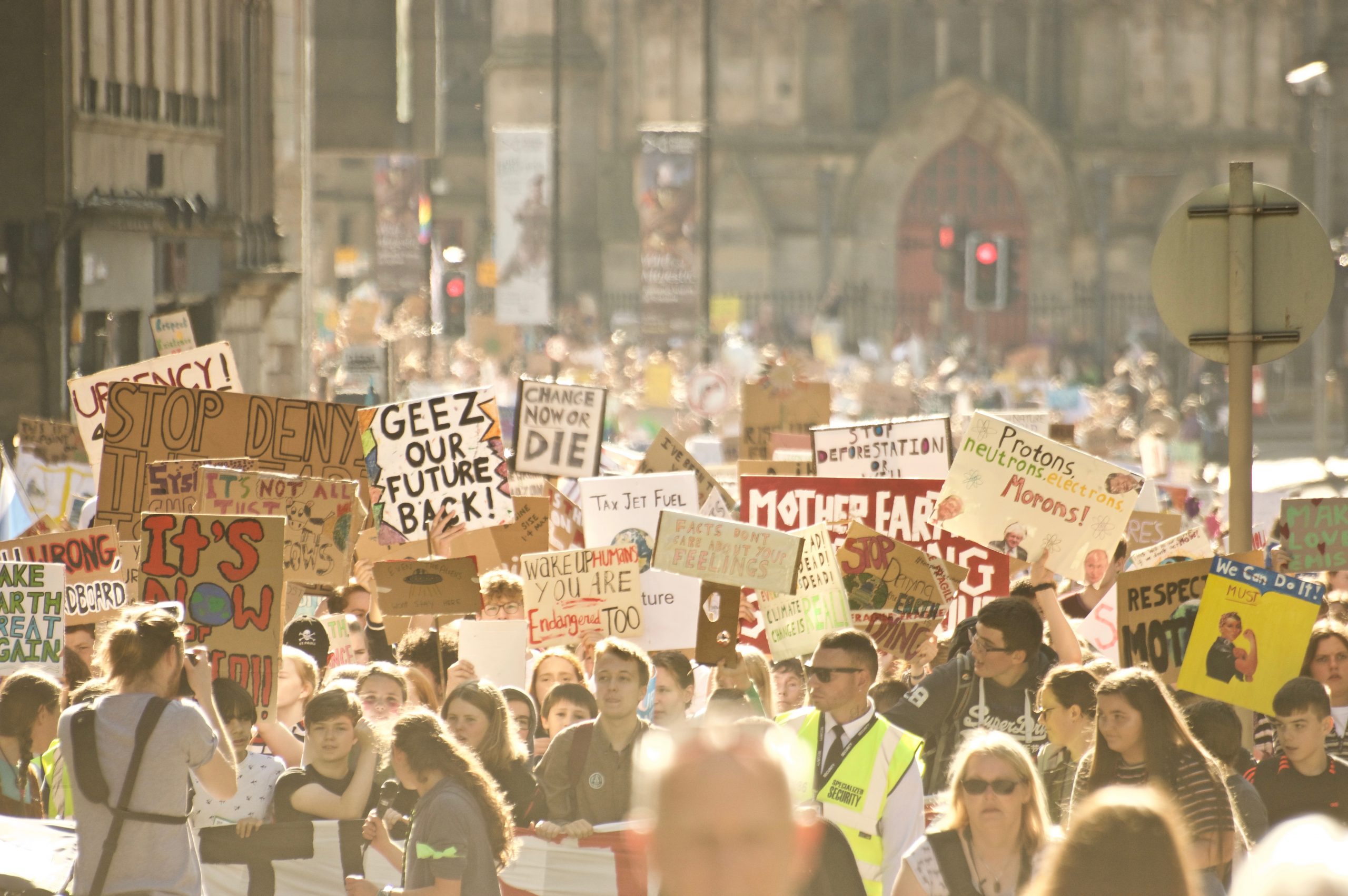
A budget for politics
I’ve repeatedly criticised Gordon Brown and Alastair Darling for the timidity of their actions on green tax reform. But George Osborne today set a record for ignoring the environment, mentioning carbon emissions only once: in respect of a measure that he delayed introducing – reform of air passenger duty.
As a result the share of tax revenue from green taxes will fall once again, with the majority of additional revenue coming from rises in regressive VAT, an approach which will do nothing for the environment, nor for jobs.
Even at the micro-level, a VAT increase is a bad idea. For example, the rise will hit building repairs and many energy efficiency improvements, while
new homes go on being exempt from VAT, despite Lib-Dem manifesto promises to the contrary. So critical measures to improve our building stock will be further discouraged, costing yet more jobs, and leaving old homes leaking heat.
If instead the Chancellor had acted to increase green taxes and duties, he could have stimulated emissions cuts and higher employment, according to modelling undertaken for the UK Green Fiscal Commission. But he didn’t even say as much as a word about the Government’s big idea for minimum carbon prices, which has been previously presented as a carbon tax in effect, while postponing any announcement on air passenger duty to the autumn. This leaves the airlines benefiting from billions in tax breaks – including the fact that airlines don’t pay VAT on fuel, unlike drivers!
While the Government insisted big cuts in spending and higher taxes were all needed to stem the fiscal crisis, economists have been divided, with some, like Robert Reich, Joe Stiglitz and Nicholas Stern, calling for continued counter-cyclical spending, particularly on low carbon investments. Whether any part of this message has been heeded, we will have to wait until October’s spending review announcements to discover.
And despite the banking levy, the banks got off very lightly. The levy will raise only a fraction of the costs of the bail-out, whilst the bailed-out banks like RBS will be allowed to go on lending irresponsibly to high carbon businesses such as coal power and tar-sands extraction.
So what was this budget really all about? Apart from a couple of populist nods, such as the bank levy – appropriate in itself, but a far cry from a genuine robin hood tax – this was an intensely political budget. It was the shock doctrine in practice, a cover for ideologically motivated attacks on public services, and an attempt to get the maximum political damage out of the way early in the parliamentary term, regardless of what would make most sense for the economy or the environment.
